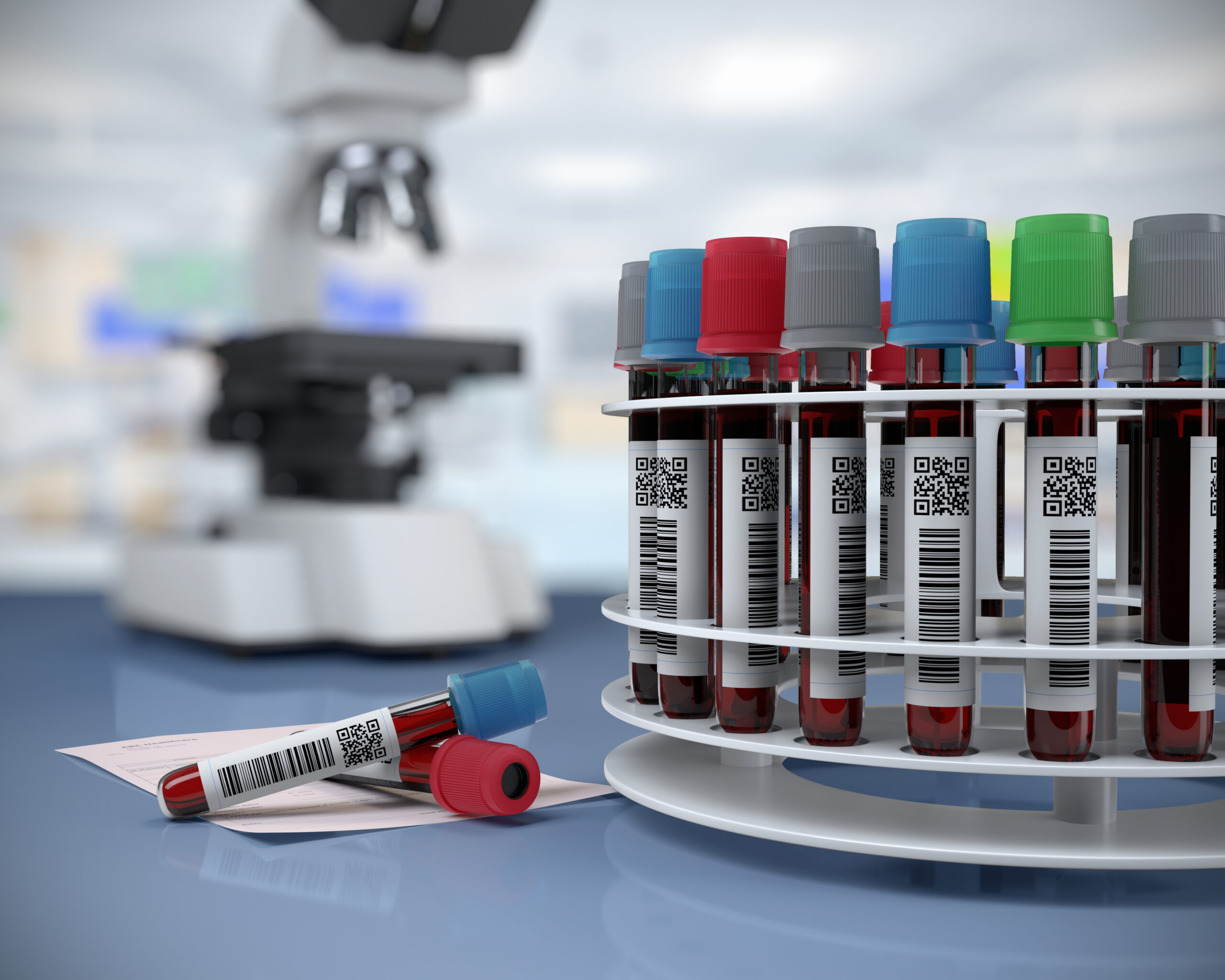Alzheimer’s disease is a prevalent neurodegenerative ailment that commonly begins with weakening memory and eventually becomes an inability to react to stimuli. During 2020 in the U.S., 5.8 million lived with Alzheimer’s, and this number is expected to increase to 14 million by 2060. In an Alzheimer patient’s brain, beta-amyloid proteins cleave from amyloid precursor proteins and merge to form plaques that interfere with neuronal communication and disrupt cell function. Currently, physicians use the painful spinal tap and the expensive radioactive positron emission tomography (PET) brain scan to detect low beta-amyloid levels in cerebrospinal fluids that would suggest Alzheimer’s disease. However, these two tests may be inaccurate as about half of the patients are misdiagnosed.
Neuronal System Disease With Abnormal Electrical Pulses
Image Source: koto_feja
Amidst the pandemic, neurologist Randall J. Bateman and his team at Washington University School of Medicine developed a blood test known as PrecivityAD (marketed by C2N) that uses mass spectrometry to identify beta-amyloid proteins in spinal fluid. Paired with consideration of the patient’s genetic risk factors, this blood assay test is highly accurate in detecting Alzheimer’s. PrecivityAD is intended for senior patients with signs of cognitive impairment. It measures two types of beta-amyloid protein — Aβ42 and Aβ40 — that form plaques in the brain along with apolipoprotein E, which reveals whether the patient has a genetic variant that induces Alzheimer’s. C2N’s lab then combines the test values and outputs a probability score indicating the possibility of a positive amyloid PET scan. Physicians receive these results within ten days, and the data are very promising as shown by the blood test’s 81% accuracy rate in predicting positive amyloid plaques.
Model of Beta-Amyloid Proteins
Image Source: Callista Images
In 2020, the Clinical Laboratory Improvement Amendments certified PrecivityAD. While waiting for FDA approval, its outreach capability has expanded to Europe, signifying its potential in healing Alzheimer’s patients globally. Currently, health insurance does not cover PrecivityAD, but financial assistance programs can lower the cost from $1,250 down to $25–$400. By comparison, PET scans cost around $5,000 and spinal taps cost around $1,000.
Lastly, the blood test helps find cures for Alzheimer’s more efficiently as it can screen patients enrolling in clinical trials as well as reduce expenses. In addition, PrecivityAD tests take six months and can cut costs tenfold. This can quicken efforts to enroll patients who might benefit from clinical treatments with mild symptoms. It could halve the number of PET scans required to enroll volunteers in clinical trials, equating to lower screening and Phase 3 trial costs.
PrecivityAD has demonstrated its accuracy and cost-effectiveness in the medical world. In the future, it plays an essential role in identifying early symptoms of neurodegenerative illnesses, matching patients with clinical trials to reverse the disease’s progression with early intervention.
Featured Image Source: sveta










